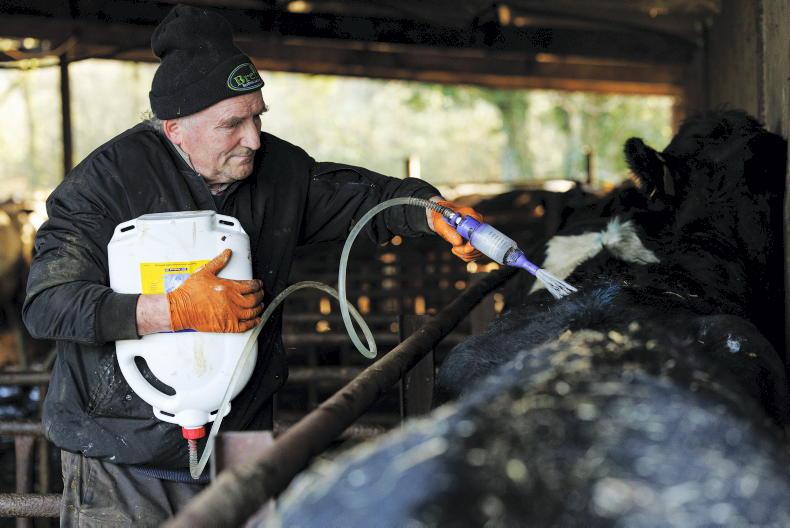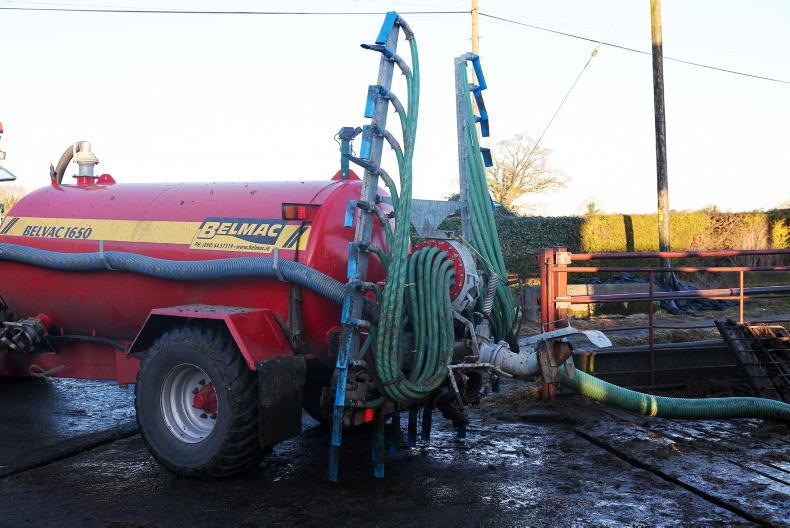The cancellation of Bloom this year has left a big gap in the promotion of both professional garden design and amateur gardening. In recognition of Bloom’s popularity across the country, and to further support the horticulture sector, the Bloom team came together to create the #bloomathome campaign. The campaign culminates this Sunday (31 May) with a schedule of digital media content which will include President Higgins in his garden, panel discussions with Bloom gold medal winning garden designers, show garden judge Paul Maher, Neven Maguire and Donal Skehan cooking at home and public competitions for best gardens, flower displays and nature-friendly gardening.
The sector
The importance of the ornamental horticulture sector as a whole should not be underestimated. Production is made up mainly of family-run businesses producing trees, plants, bulbs, flowers and foliage, mainly for sale in the domestic market. In Ireland, production plants are grown in the ground or in containers, as field crops or in greenhouses.
The sector employs over 1,300 people
As a perishable product, ornamental horticulture requires ongoing husbandry and maintenance (including watering, feeding, crop protection and environmental controls).
The sector employs over 1,300 people, with most enterprises based in the east, southeast and south of the country. It grew rapidly during the Celtic Tiger years, driven by the building boom and strong consumer spend which was then affected negatively by the financial crash in 2008. This caused a contraction in the sector as it consolidated and positioned itself for the new economic reality.
There has been additional output and increased investment in growing structures, packing facilities and increased mechanisation across the sector
The value of the plant segment of the retail gardening market contracted (from €326m in 2007 to €201m by 2012) as did the value of the commercial landscaping market which is a key outlet for plant sales. Since then, as the economy slowly recovered and the construction sector rebooted, the ornamental sector has benefited. There has been additional output and increased investment in growing structures, packing facilities and increased mechanisation across the sector. The arrival of COVID-19 will have serious economic consequences, but at least in the short term, with less travel and people spending more time at home (and in their gardens) will result in increased spending on gardening activity, which will benefit the sector.
Early stage of development
In an EU context, Ireland’s ornamental sector is considered modest in scale and relatively young, where we are now seeing a second generation of skilled entrants coming into the sector. While Ireland does not have the scale, access to cheaper inputs and local mass markets as other international players, it has a number of opportunities to develop and grow further.
The sector is well positioned to take advantage in such areas as import substitution of certain lines
While COVID-19 may continue to cast a shadow over all business in the short term, there will be some opportunities. The sector is well positioned to take advantage in such areas as import substitution of certain lines that can be grown locally plus plant innovation and development of new varieties (both for ornamental and food ingredients use with associated health benefits).
The high plant health status of Ireland is driven by our island status and export opportunities to the UK/EU supported by relationships developed over many years in key market channels.
We look towards more greening of the environment and the use of more plants
Sustainability and enhancing the environment will continue to be a key focus and this sector can provide and facilitate many of the solutions as the EU’s Farm to Fork strategy has a strong ambition for more plant-based land use. We look towards more greening of the environment and the use of more plants.
With the sudden closure of many of the main market channels such as garden centres and DIYs in mid-March due to COVID-19 restrictions, and the closure of key channels in export markets, this sector of horticulture, with a highly seasonal and perishable product, was affected more seriously than some of the other horticulture sectors.
The main gardening sales season is between March and May, when most plant sales are made. These are the three months which make or break the sales season for plant producers.
With the welcome reopening of garden centres and DIYs on 18 May, it is hoped that there will be a later and extended gardening season this year
While the timing of this crisis from a plant sales perspective could not have been worse, the good weather combined with people staying at home and being more focused on their gardens did result in a demand for products online for delivery and through other open retail outlets.
With the welcome reopening of garden centres and DIYs on 18 May, it is hoped that there will be a later and extended gardening season this year which will benefit the whole sector.
Let’s Get Growing
On 17 May Bord Bia launched a major gardening promotional campaign to encourage people to get growing in their gardens with local plants and experience the benefits of gardening from a health and well-being perspective.
The campaign will run for four weeks into the middle of June and includes TV, radio and online activity.
In addition, a GroMór gardening campaign (supported by garden centres, industry, and Bord Bia) was launched in April and will run across the summer. The campaign aims to show that with the right advice, gardening can be enjoyable and very rewarding.
Key dates
Tune in to Supergarden, RTÉ 1, Thursdays 8pm and follow Bloom at Home on Facebook Live, Sunday 31 May, starting at 11am.
Market value of ornamental horticulture
The ultimate destination for the crop is mainly the Irish market, with the main retail sales channels being garden centres, DIY stores, co-op garden centres and supermarkets. The retail value of the total gardening market in Ireland in 2018 was €795m (of which €282m was spent on plant/flower sales). The other main channel for the products are county councils/local authorities and commercial landscaping projects with an estimated value in 2019 of €250m. Export channels are to the UK, and to a lesser degree to Europe. In 2019 the total value of exports reached €18.5m.









SHARING OPTIONS